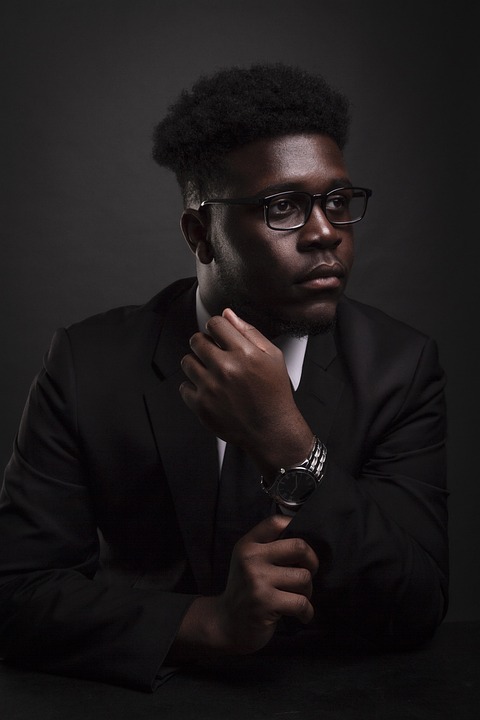Job interviews can often feel intimidating, creating anxiety that can affect your performance. However, by mastering the art of the interview, candidates can dramatically improve their chances of landing their dream job. This article outlines essential strategies for success, transforming what may seem like a daunting task into an empowering opportunity.
Preparation: The Key to Confidence
Preparation is the cornerstone of any successful interview. Understanding the company, its culture, and the role you are applying for allows you to tailor your responses and demonstrate your genuine interest.
- Research the Company: Visit the company’s website, read recent news articles, and check their social media accounts. This helps you understand what the company values and its recent developments.
- Understand the Job Description: Break down the requirements and responsibilities listed in the job description. Align your skills and experiences with these points to show you are an ideal fit.
- Practice Common Questions: Familiarize yourself with common interview questions, such as “Tell me about yourself” and “What are your strengths and weaknesses?”. Craft well-thought-out responses that highlight your qualifications.
The STAR Technique for Behavioral Questions
Behavioral questions, which often start with “Tell me about a time when…”, require you to share specific instances from your experience. The STAR technique provides a structured way to answer these questions:
- Situation: Set the context for your story.
- Task: Explain the challenge you faced.
- Action: Describe the actions you took to address the challenge.
- Result: Share the outcomes of your actions, emphasizing any positive results or learnings.
Make a Positive First Impression
Your first impression can set the tone for the rest of the interview. Here are some strategies to ensure a positive initial impact:
- Dress Appropriately: Choose professional attire that aligns with the company culture. When in doubt, it’s better to be slightly overdressed than underdressed.
- Arrive On Time: Plan your route and allow extra time for unexpected delays. Arriving late can create a negative first impression.
- Be Polite and Engaging: Greet your interviewer with a smile and a firm handshake, if appropriate. Show enthusiasm and positivity throughout your interaction.
Effective Communication Skills
Clear and concise communication can enhance your interview performance. Here are some tips to improve your communication skills:
- Listen Actively: Pay close attention to your interviewer’s questions. Nod or provide verbal affirmations to show you are engaged.
- Be Mindful of Your Body Language: Maintain eye contact, sit up straight, and avoid crossing your arms. Positive body language demonstrates confidence and interest.
- Ask Insightful Questions: Towards the end of the interview, when invited to ask questions, be prepared with thoughtful inquiries about the role or company. This shows you are invested in the opportunity.
Follow Up After the Interview
After the interview, it is essential to follow up with a thank-you email. This not only reiterates your interest in the position but also helps you stand out among other candidates.
Your follow-up email should include:
- A thank you for the opportunity to interview.
- A brief mention of a topic discussed during the interview.
- A reaffirmation of your interest in the position.
- Any additional information you might have forgotten to mention during the interview.
Conclusion
Mastering the art of the job interview is a valuable skill that requires preparation, practice, and self-awareness. By researching the company, utilizing effective communication techniques, and following up diligently, candidates can significantly improve their chances of success. Remember that each interview is a learning experience that brings you one step closer to landing your dream job. Embrace the process, and don’t hesitate to showcase your unique strengths.
FAQs
1. How long should I prepare for a job interview?
Ideally, you should dedicate at least a few hours over several days to prepare. This allows you to gather information about the company and practice your answers so you feel more confident.
2. What if I don’t know the answer to a question during the interview?
It’s okay not to have all the answers. If you’re unsure, it’s better to be honest about it and express your willingness to learn rather than trying to guess or fumble through a response.
3. Is it necessary to send a thank-you email after the interview?
Yes, a thank-you email is a courteous gesture that reinforces your interest in the position and keeps you on the interviewer’s radar.
4. Should I bring a copy of my resume to the interview?
Yes, bringing a few copies of your resume is a good idea, especially if you’re interviewing with multiple people. It shows preparedness and professionalism.
